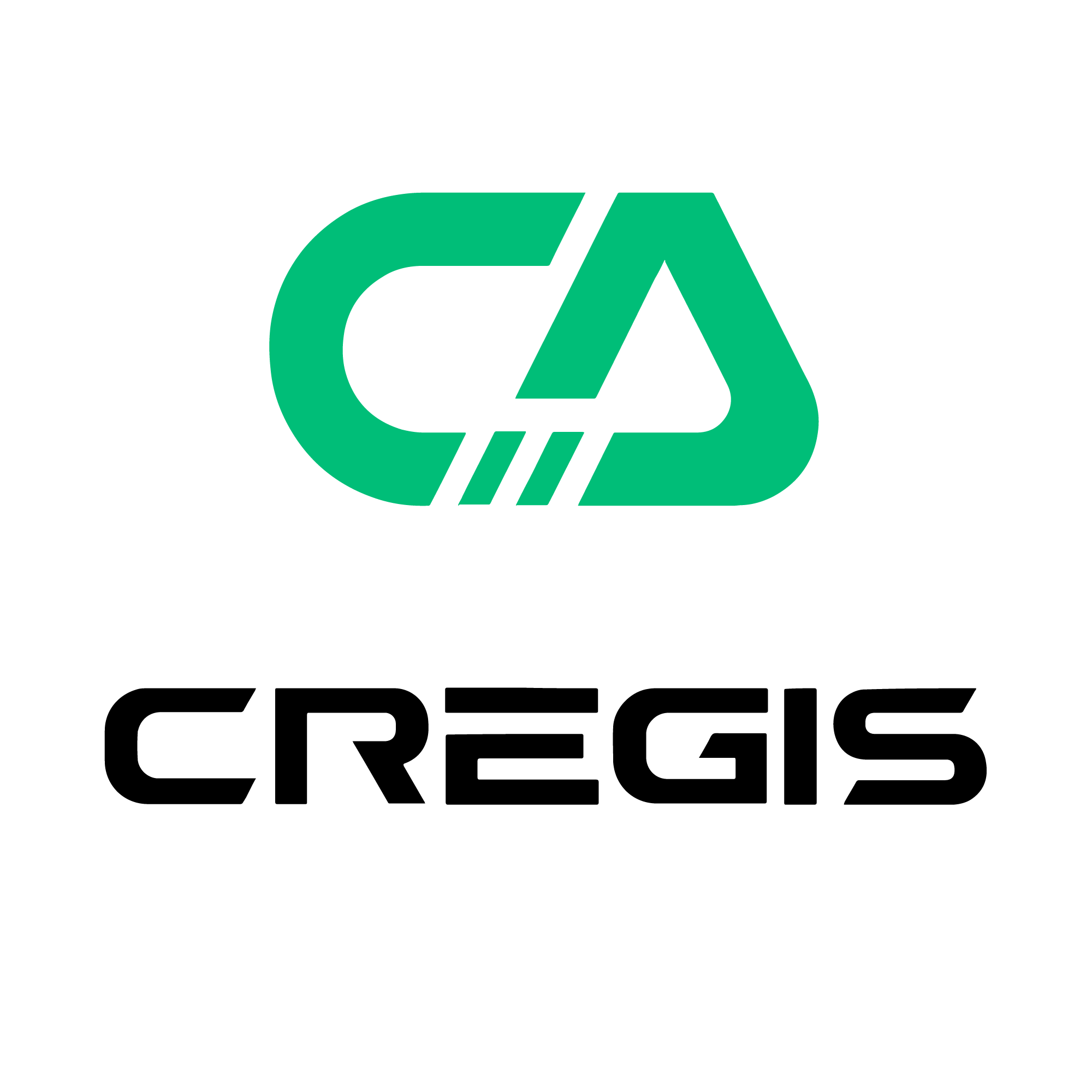Introduction
As cryptocurrency adoption grows, so does the need for secure storage solutions. Among the most common options is the hot wallet—a wallet connected to the internet that allows users to store, send, and receive digital assets with ease. Whether you’re an investor, trader, or crypto user, understanding how hot wallets work is essential for managing your assets securely and efficiently.
In this guide, we’ll explore what hot wallets are, how they differ from cold wallets, popular types of hot wallets, and how to use them safely.
Key Takeaways
- A hot wallet is a cryptocurrency wallet that is connected to the internet.
- Hot wallets store private keys, enabling users to access, send, and receive cryptocurrencies.
- These wallets are more vulnerable to cyber threats than offline (cold) wallets.
- Popular examples include MetaMask, Coinbase Wallet, and Edge Wallet.
- Best practice: Use hot wallets for transactions and store the bulk of your assets in cold storage.
How Does a Hot Wallet Work?
A hot wallet is essentially a software-based tool or application connected to the internet that enables interaction with blockchain networks. These wallets store your private keys, which are necessary to authorize cryptocurrency transactions.
When you receive cryptocurrency, the public key (like a username) allows others to send assets to your wallet. To spend or send assets, your private key (like a password or PIN) is used to sign transactions securely. Since hot wallets are always connected, they allow instant access but at the cost of increased risk.
Important: The private key is the most sensitive part of any wallet. Anyone who has access to it can control your funds.
Hot Wallets vs. Cold Wallets
| Feature | Hot Wallet | Cold Wallet |
| Connectivity | Always connected to the internet | Completely offline or manually connected |
| Security | Higher risk of cyberattacks | More secure due to lack of online access |
| Use Case | Ideal for daily transactions | Ideal for long-term storage |
| Examples | MetaMask, Coinbase Wallet, Trust Wallet | Hardware wallets, paper wallets, USB drives |
Fast Fact: Writing your private keys on paper is technically considered a cold wallet—called a paper wallet.
Types of Hot Wallets
There are several types of hot wallets, each catering to different ecosystems and user preferences:
1. Browser Extensions
- Example: MetaMask
- Used primarily for Ethereum and EVM-compatible chains
- Easy to interact with decentralized applications (dApps)
2. Mobile Wallets
- Examples: Trust Wallet, Edge Wallet
- Available as apps for Android and iOS
- Great for quick, on-the-go transactions
3. Desktop Wallets
- Example: Exodus, Atomic Wallet
- Installed on computers, offering advanced features and portfolio management
4. Exchange Wallets
- Example: Coinbase Wallet, Binance Wallet
- Integrated with exchange platforms
- Convenient but often custodial
Important: Always research the wallet’s reputation, security features, and supported tokens before use.
How to Use a Hot Wallet Securely
To minimize risks when using a hot wallet, follow these key security practices:
Use Hot Wallets for Small Balances
Only store the amount you need for short-term use. Move the rest to a cold wallet.
Enable Strong Security Features
Use two-factor authentication (2FA), encryption, and secure passwords.
Back Up Your Wallet
Store backup phrases or seed phrases offline in a secure location.
Keep Your Software Updated
Install updates regularly to patch vulnerabilities and improve functionality.
Avoid Public Wi-Fi
Don’t access your wallet on unsecured networks, which are prone to attacks.
Pro Tip: “Don’t keep all your eggs in one basket.” Spread assets across multiple wallets and storage types to reduce risk.
Are Hot Wallets Good for Investing?
Hot wallets are convenient for trading and spending but not ideal for long-term holding of large balances. For investors holding large amounts, cold storage (such as a hardware wallet or paper wallet) is the better choice.
Alternatives for Long-Term Investors:
- Use cold wallets for storage
- Consider custodial wallets from regulated providers
- Invest in crypto ETFs to avoid managing private keys directly
Frequently Asked Questions
How do I secure my hot wallet?
Use encryption, backups, and strong passwords. Store only small amounts of crypto.
Is Coinbase a hot wallet?
Yes, Coinbase Wallet is a hot wallet that connects users to the Coinbase exchange and supports dApp interactions.
Are hot wallets free?
Most hot wallets are free software or apps. Some multifunctional wallets may charge for advanced features.
The Bottom Line
Hot wallets are essential tools for active crypto users, enabling quick access to digital assets and seamless transactions. However, they come with risks due to their online connectivity. Use them wisely—store only what you need, stay vigilant with security practices, and always pair with cold storage for long-term asset protection.
关于Cregis
Cregis成立于2017年,是企业级数字资产基础设施领域的全球领导者,为机构客户提供安全、可扩展且高效的管理解决方案。
为应对区块链系统碎片化和资产安全风险方面的挑战,Cregis提供基于MPC的自托管钱包、WaaS解决方案和支付引擎,打造高度整合且合规的数字资产管理平台和生态。
迄今为止,Cregis已为全球超过3,500家机构客户提供服务。为交易所、金融科技平台和Web3企业提供了安全的区块链技术接入方案。凭借多年在区块链和安全领域的成熟专业知识,Cregis助力企业加速Web3转型,把握全球数字资产发展机遇。

